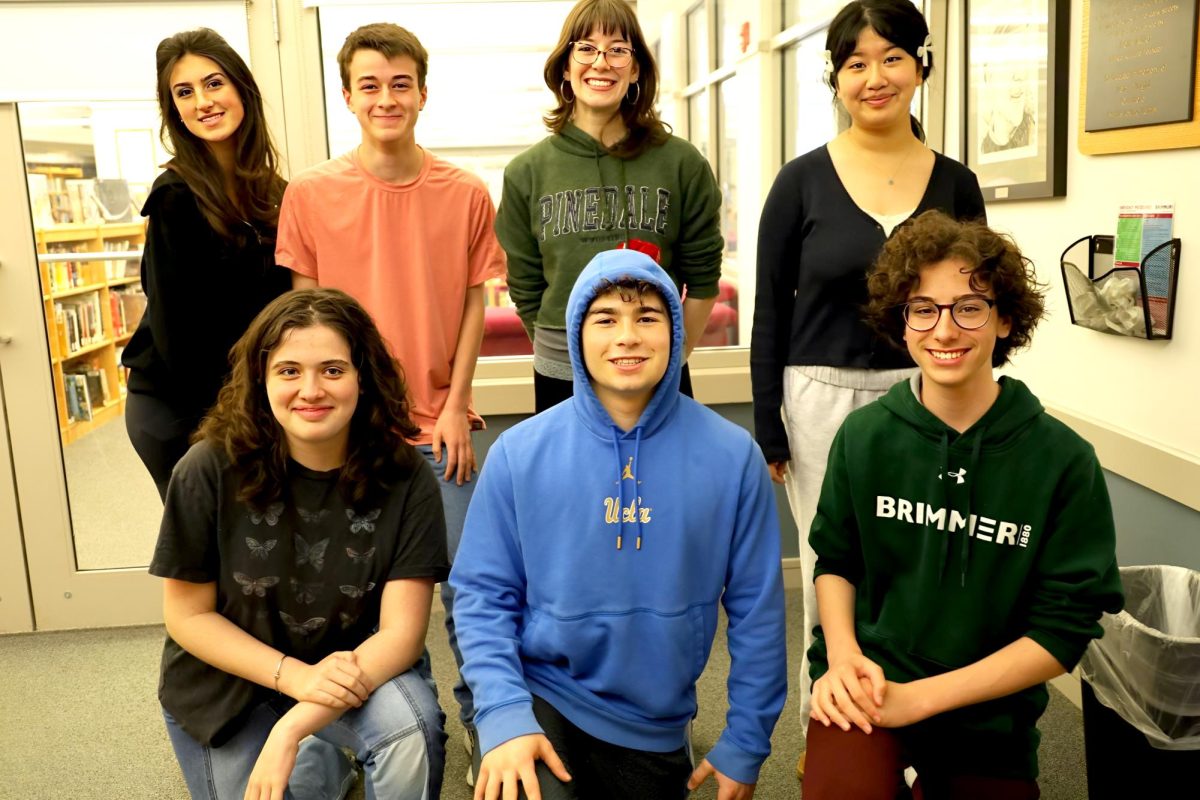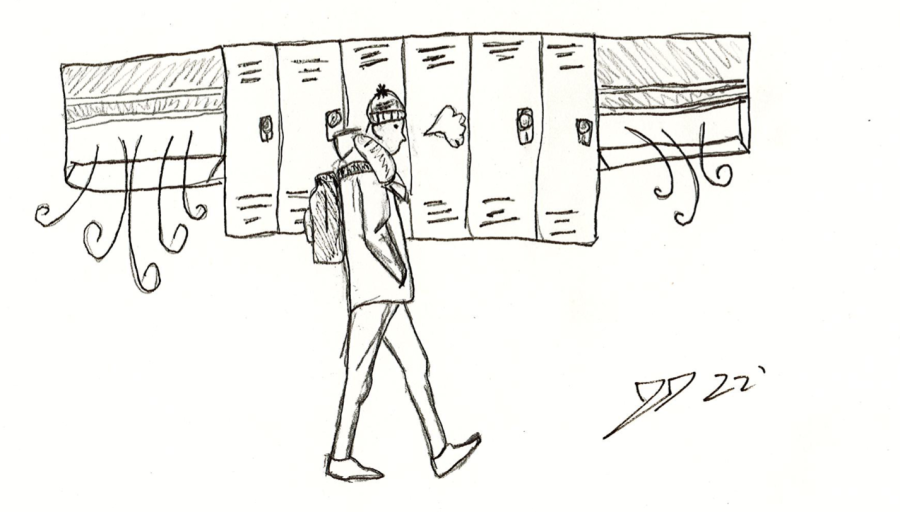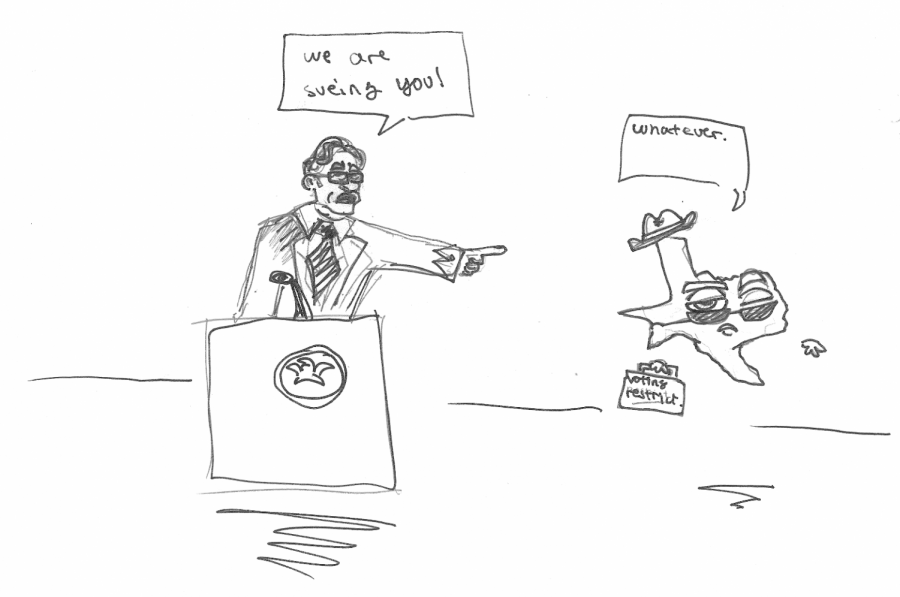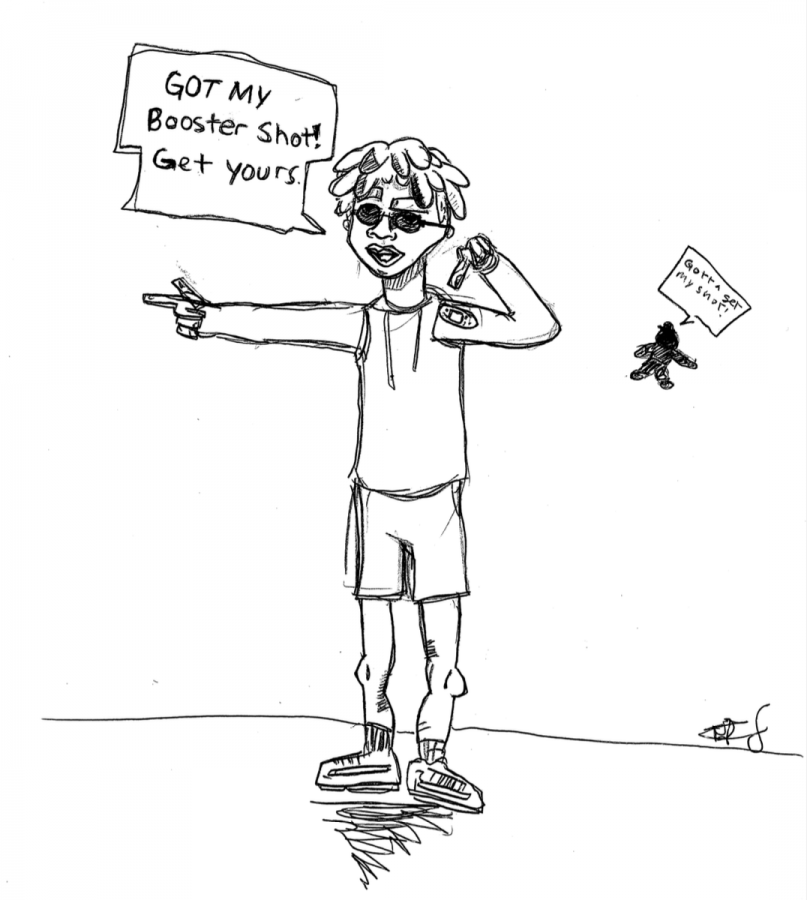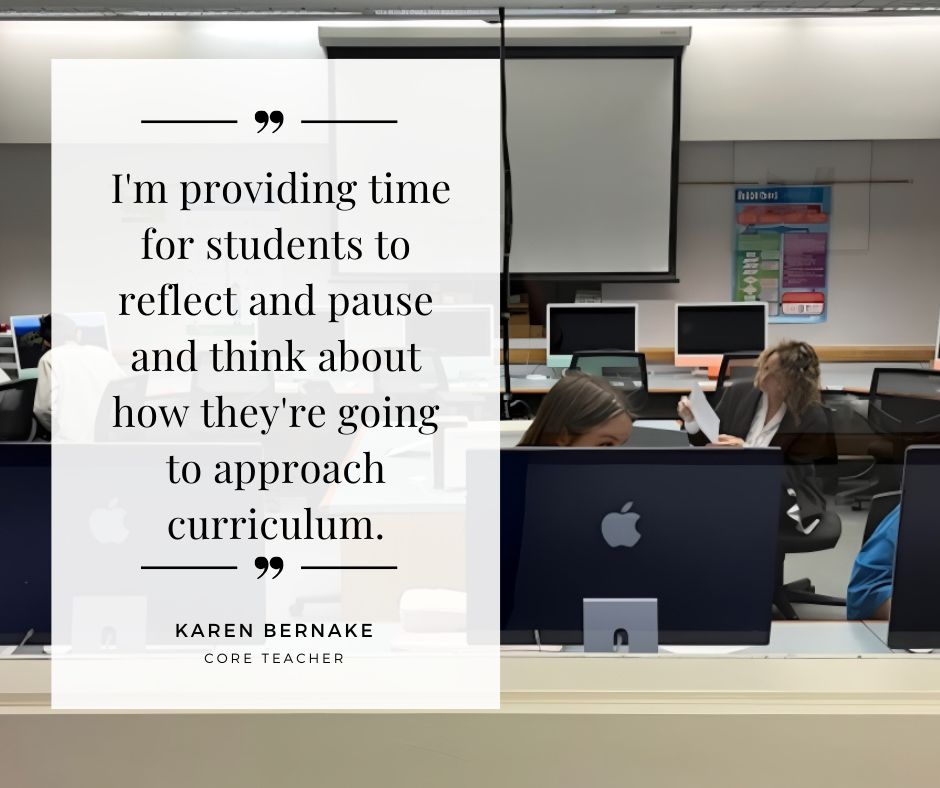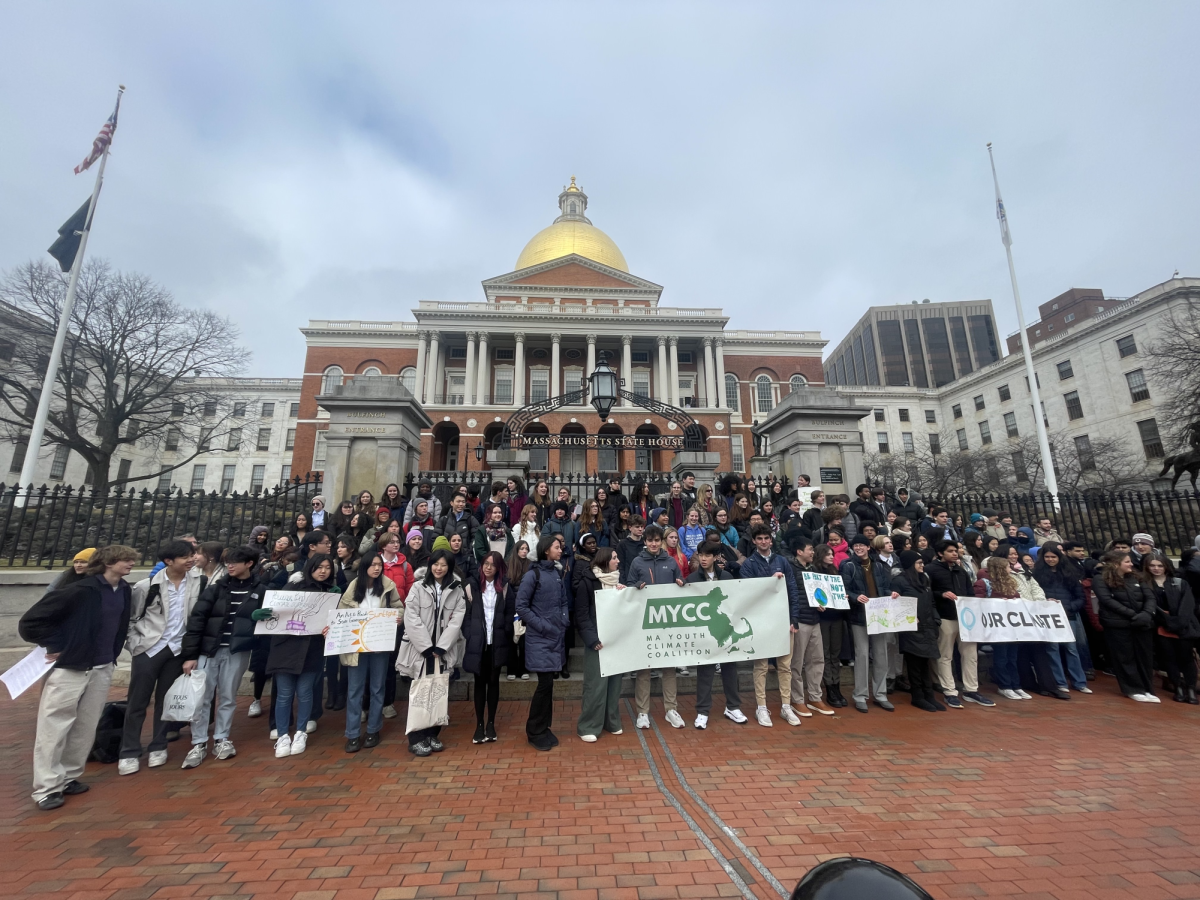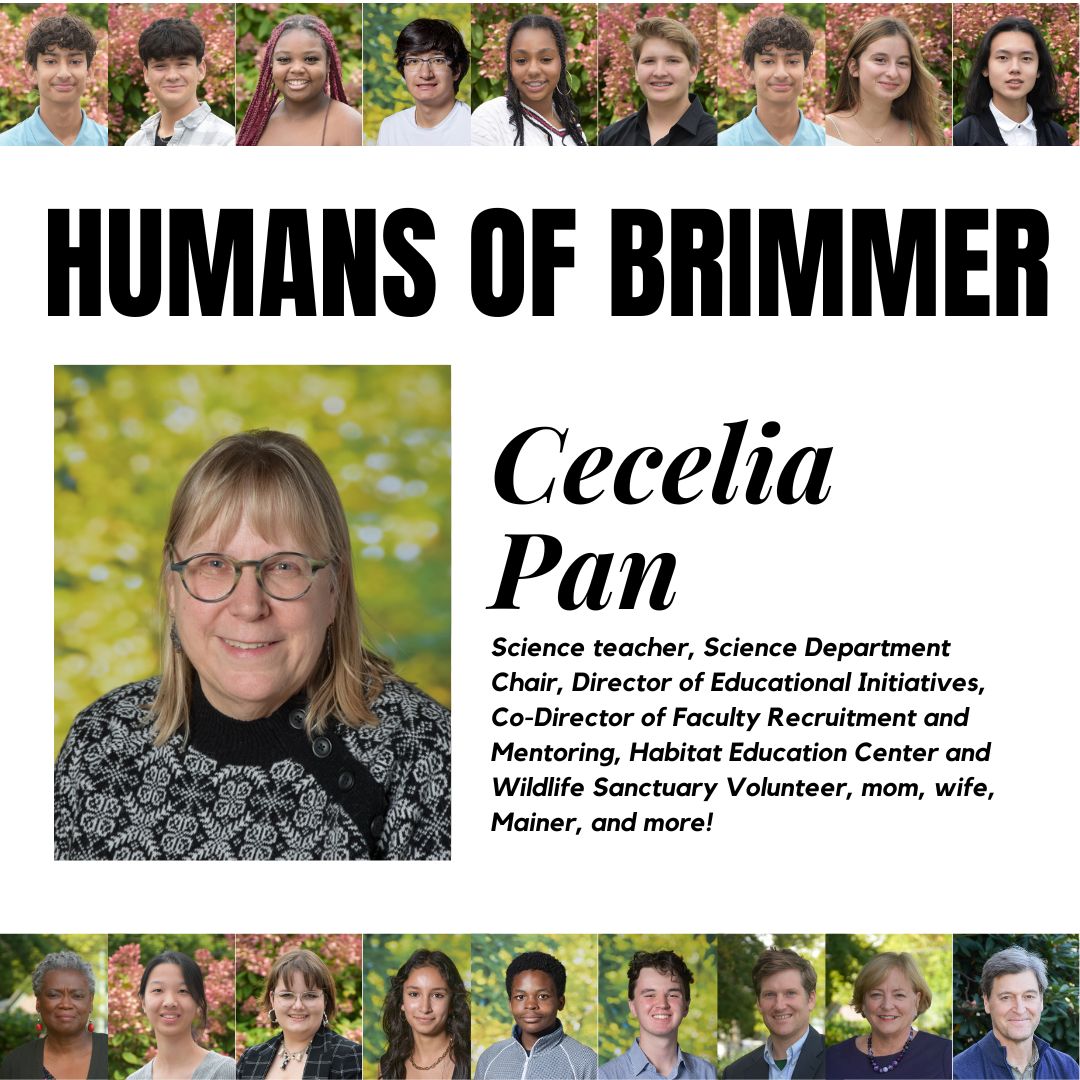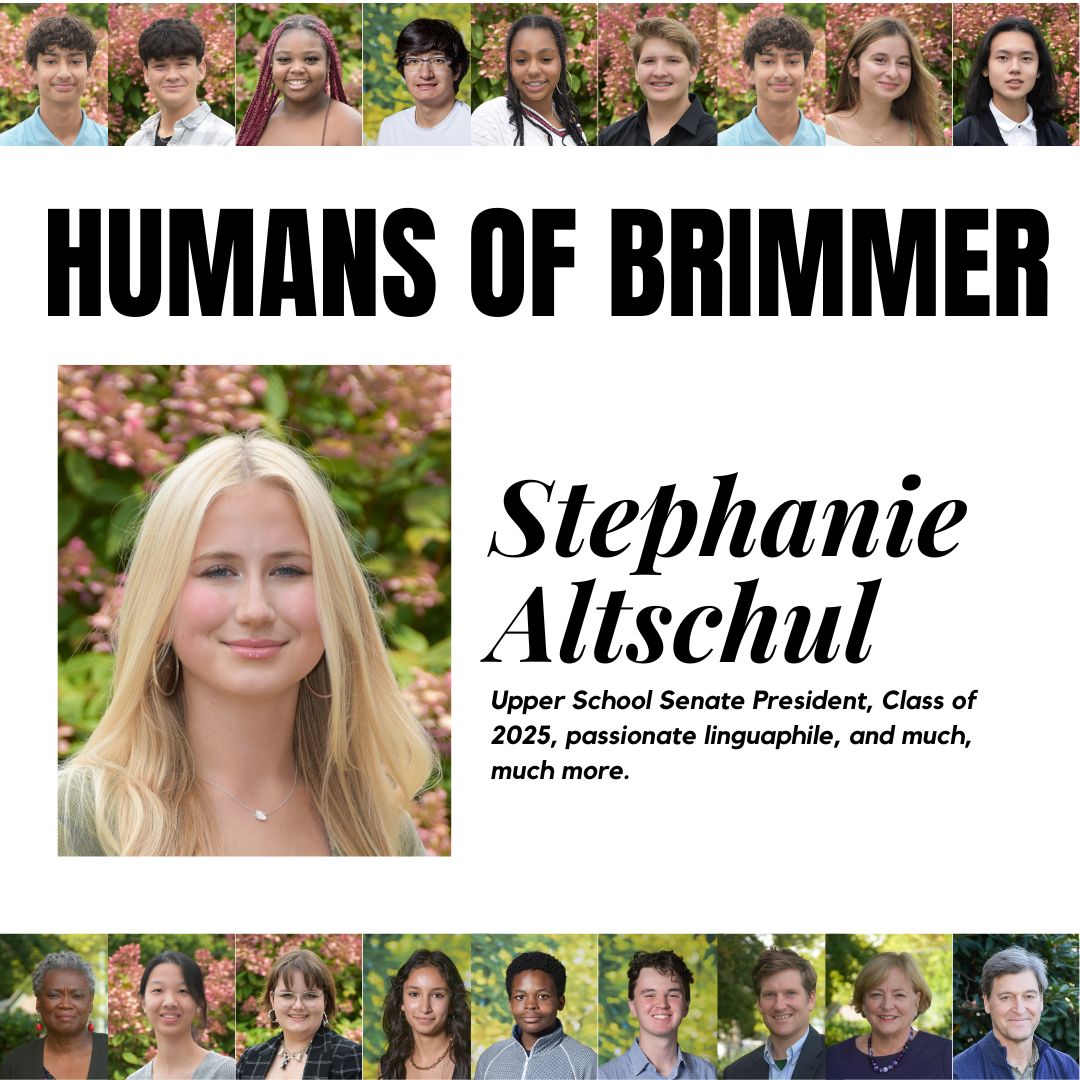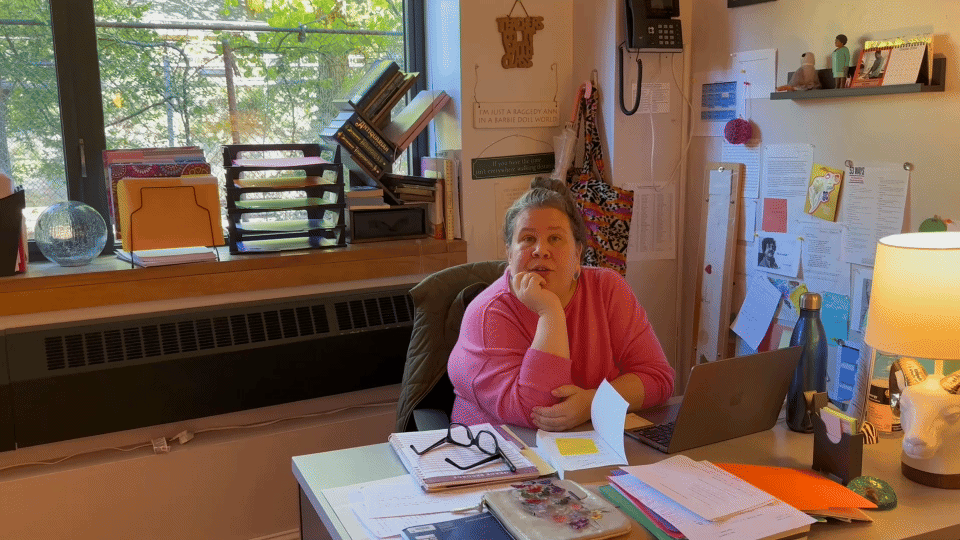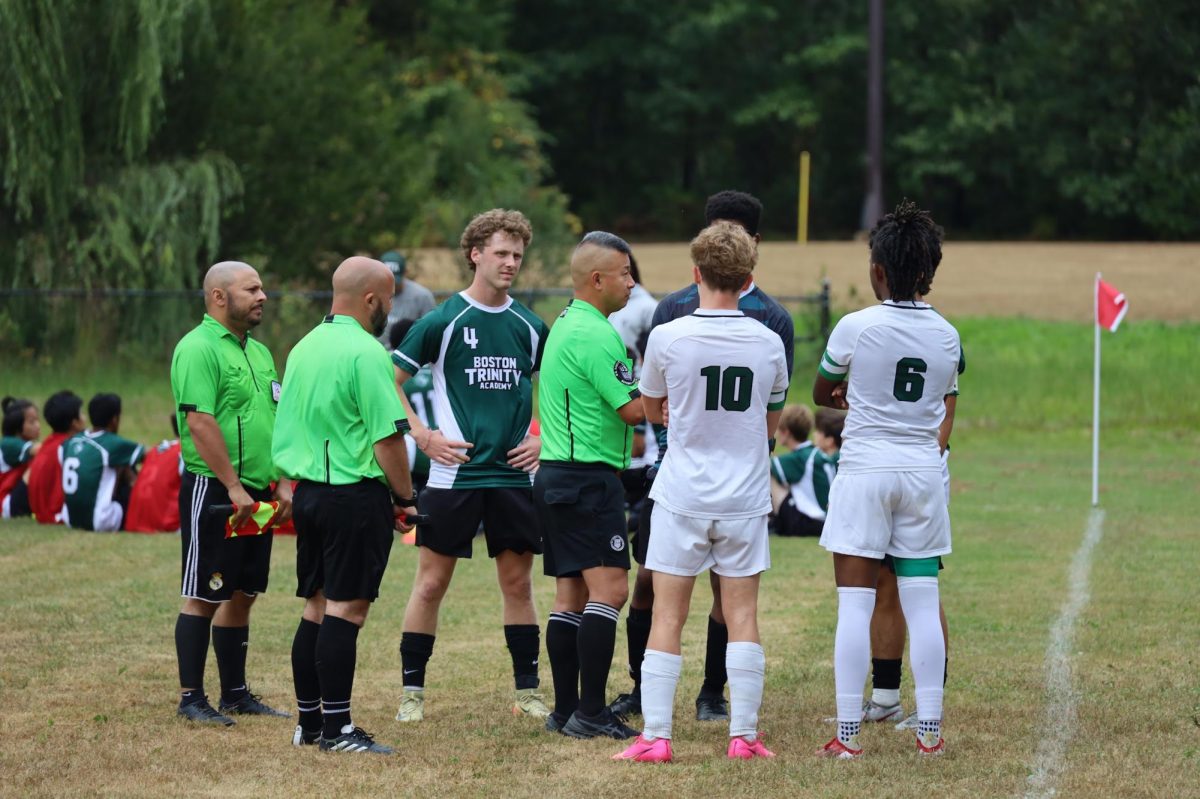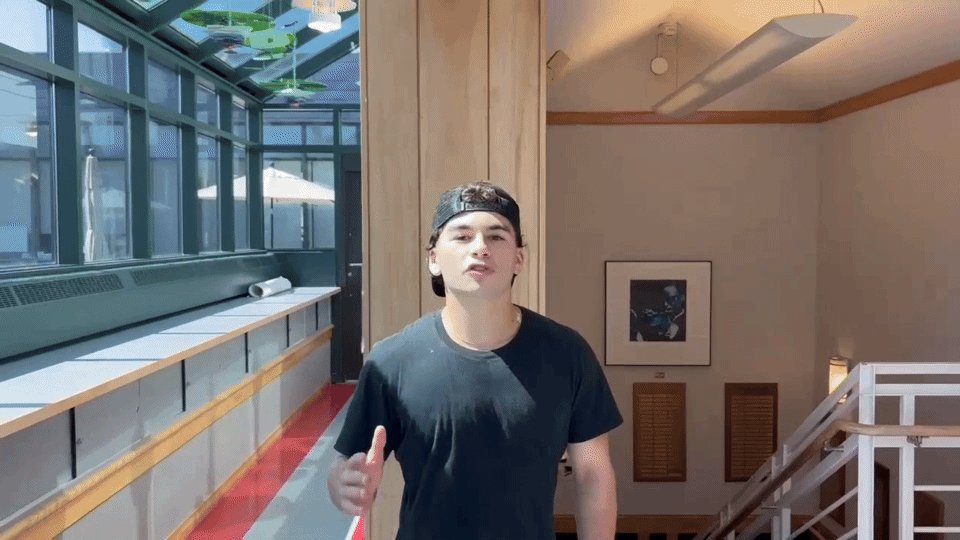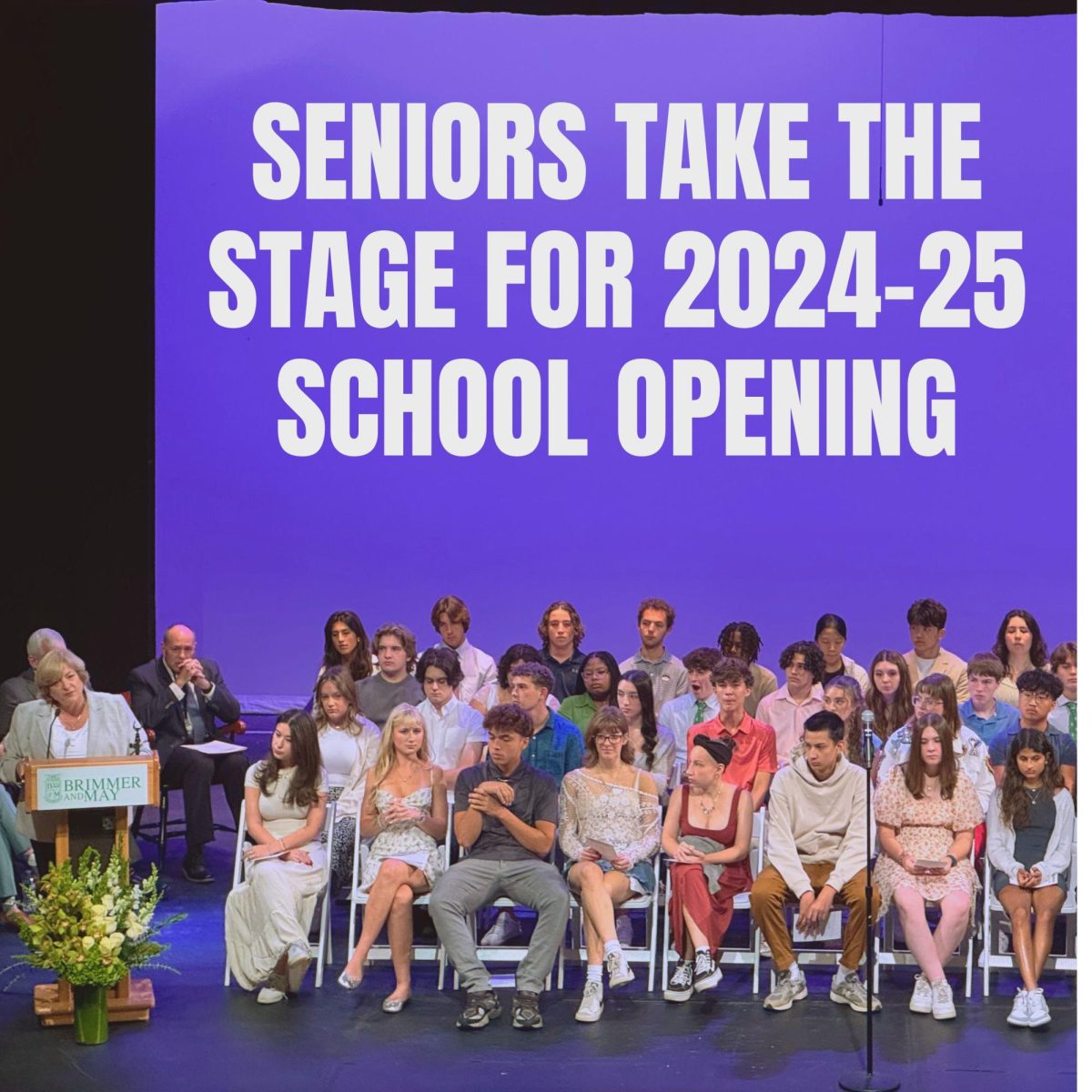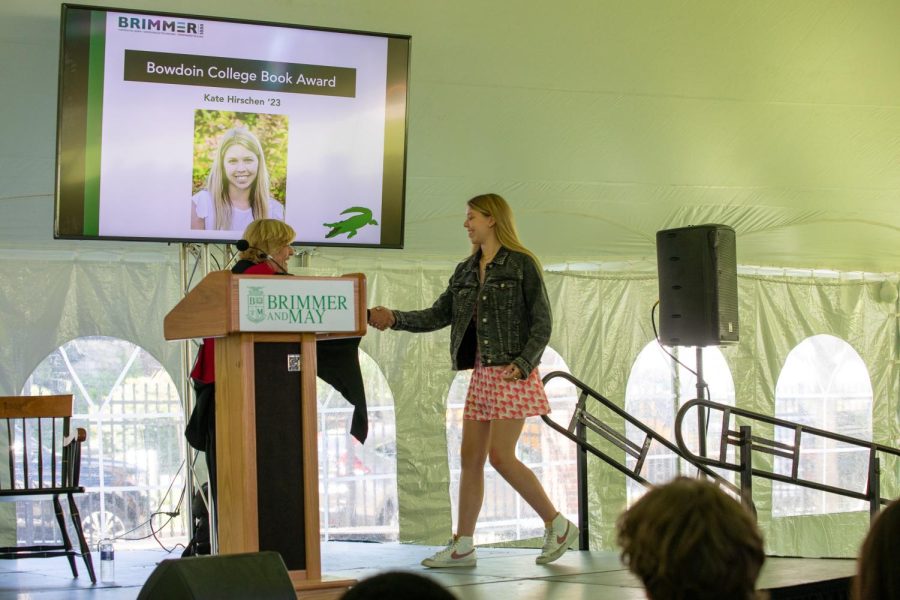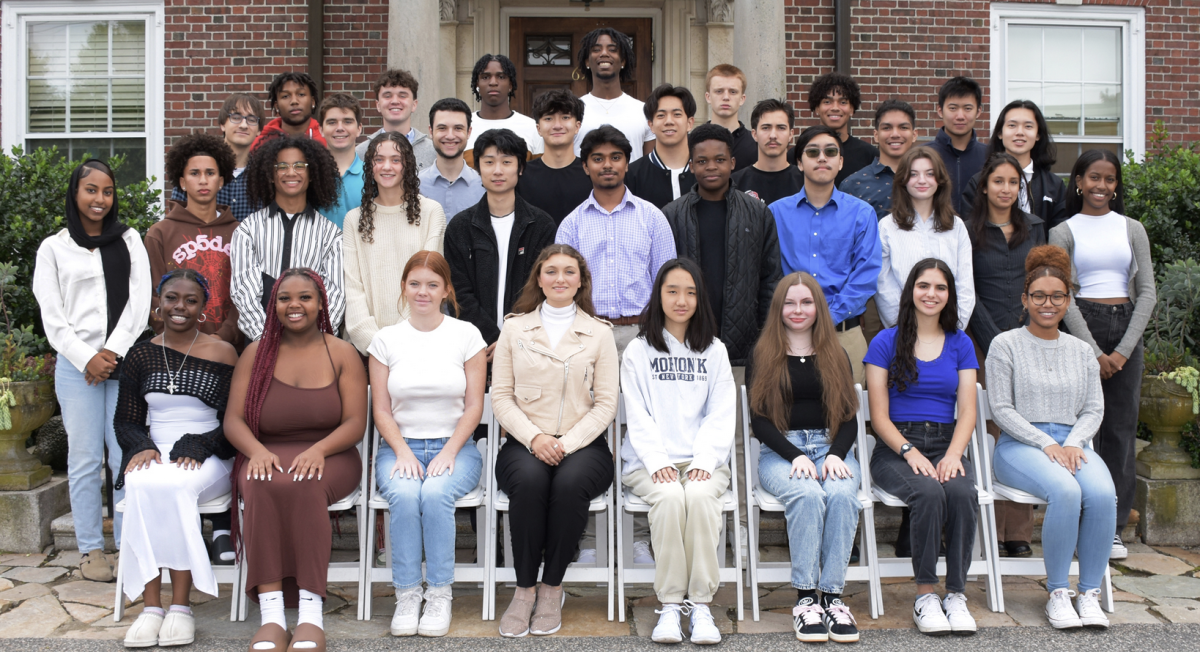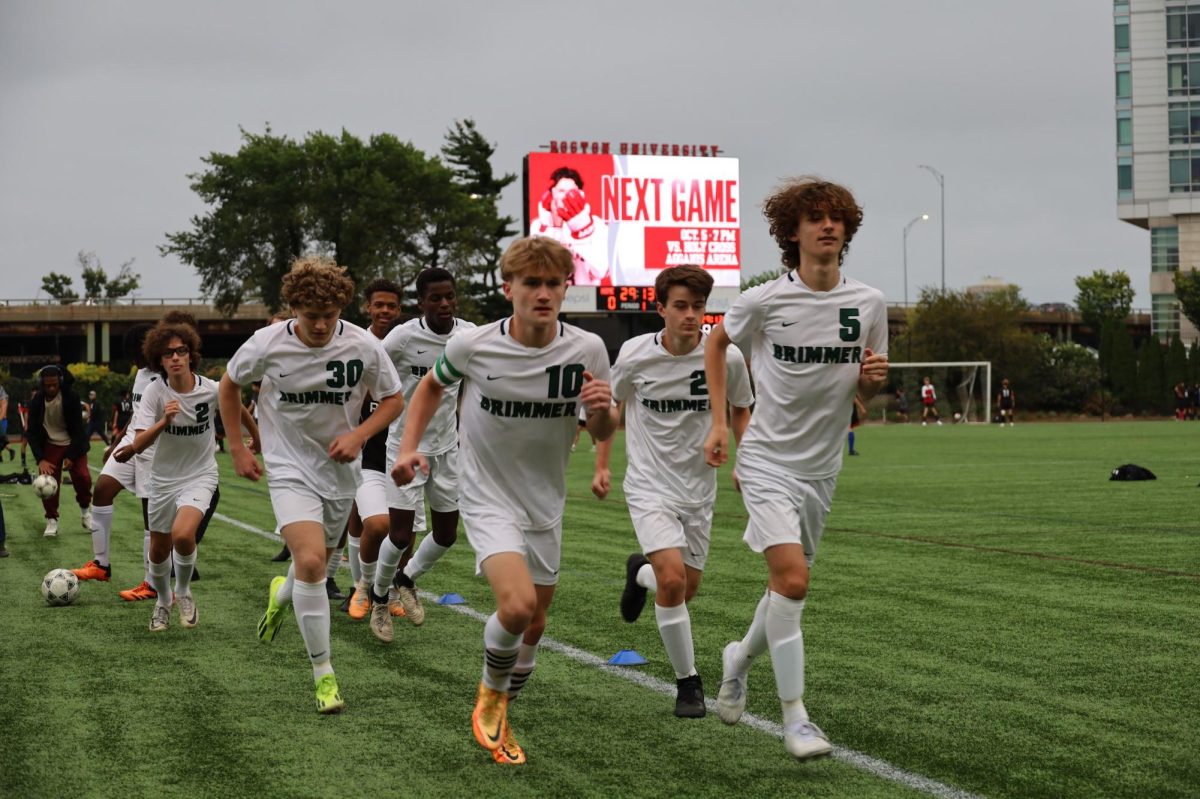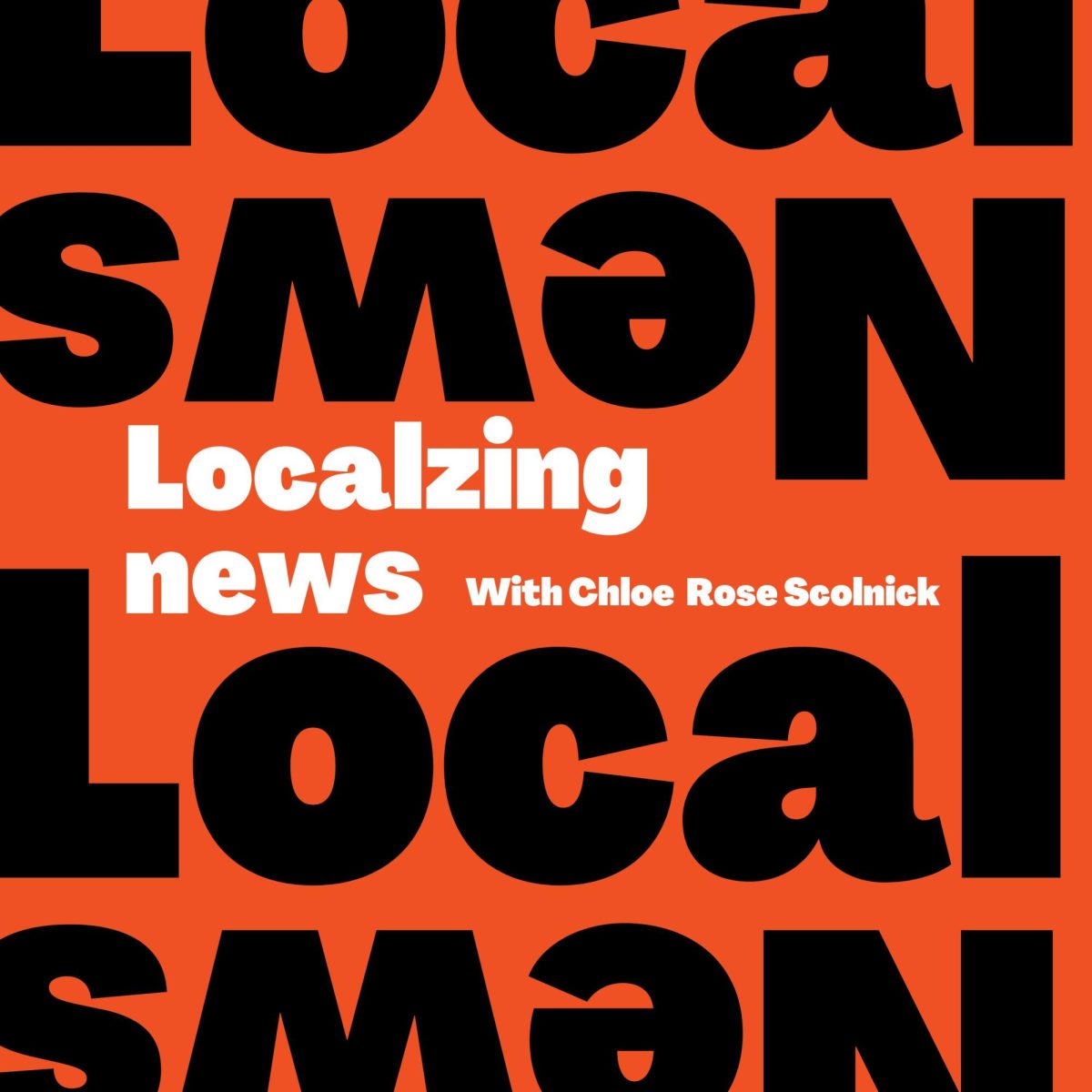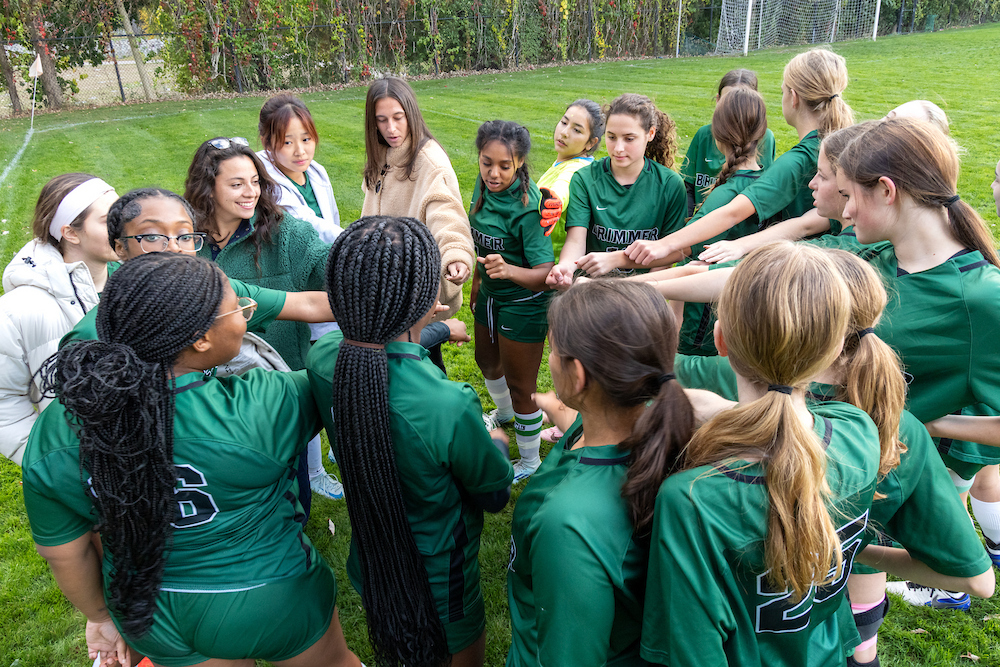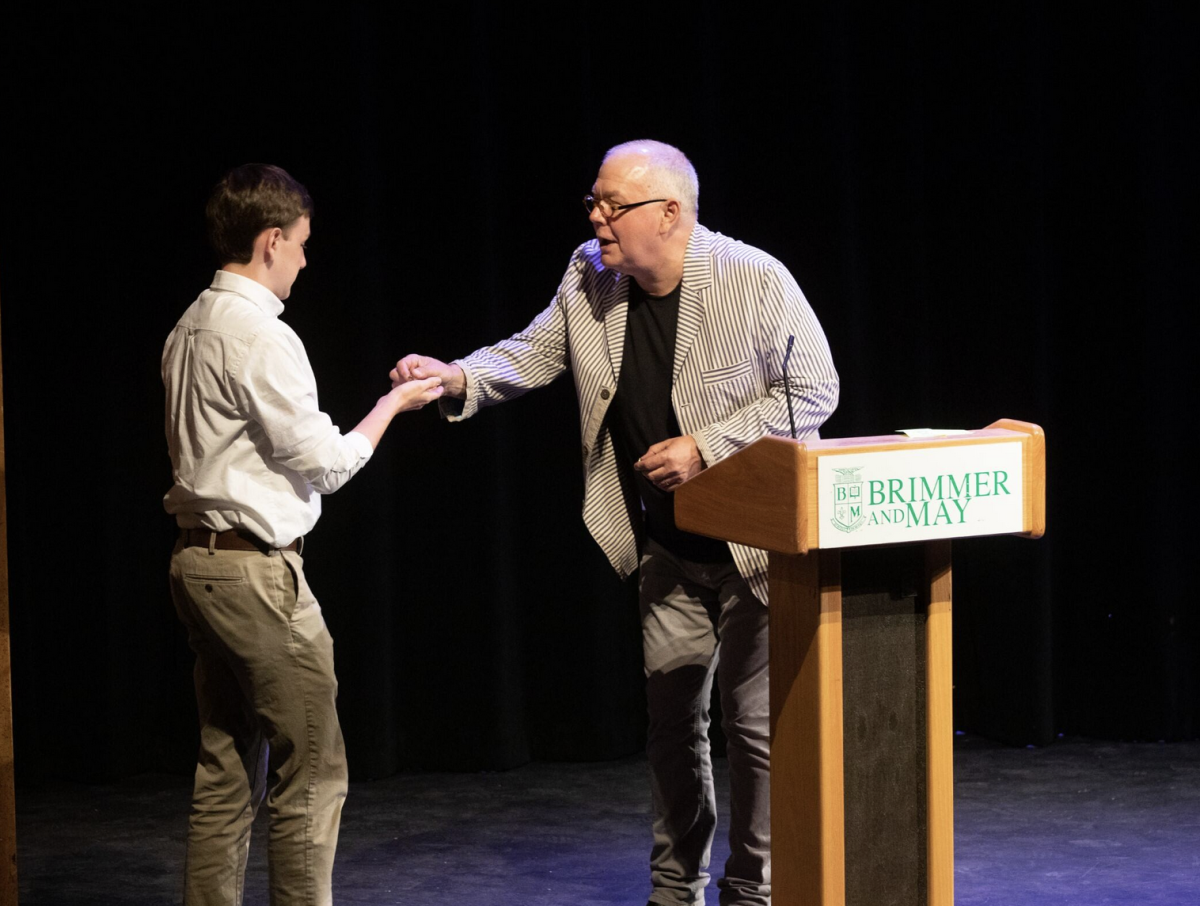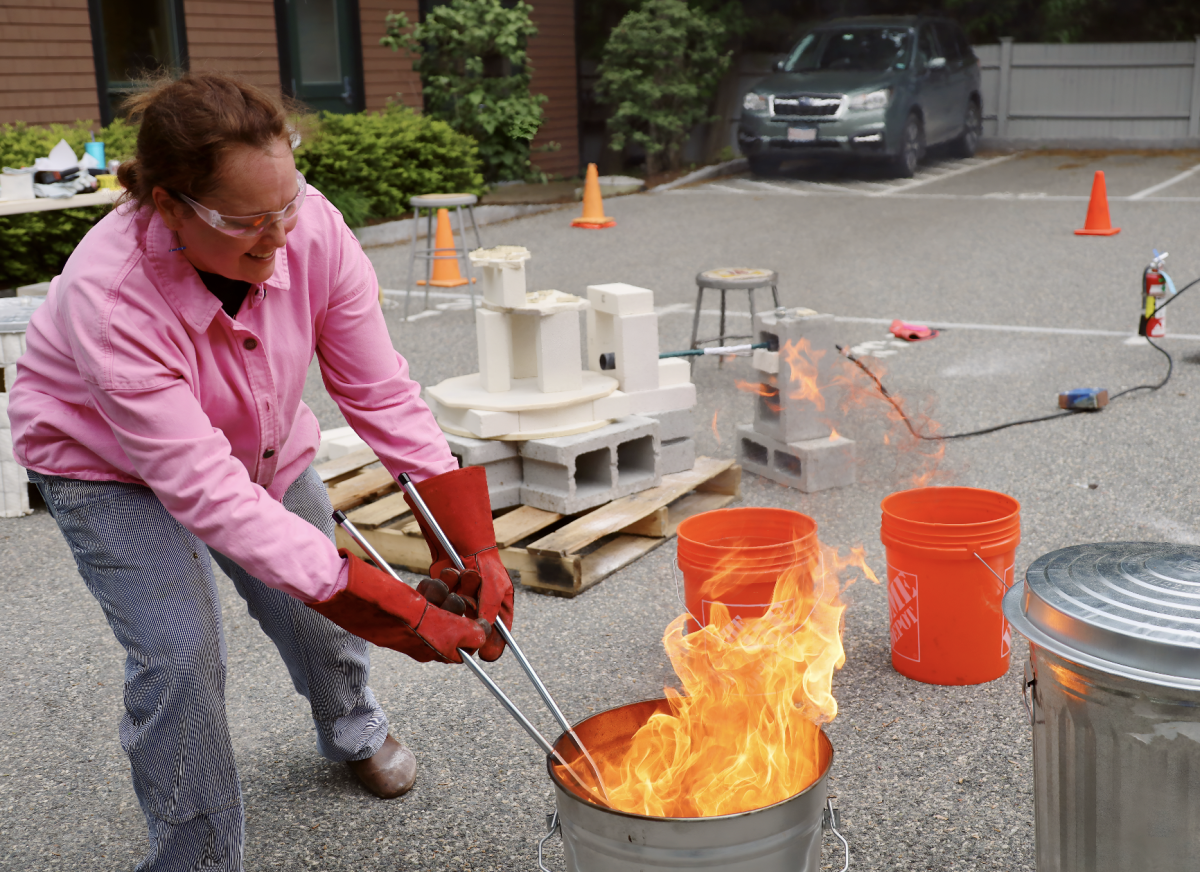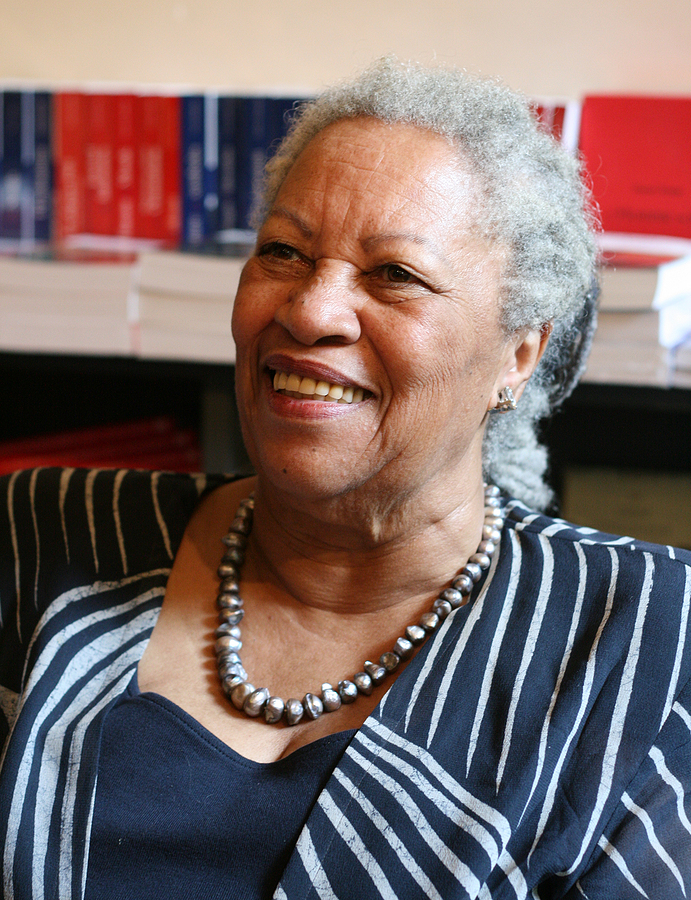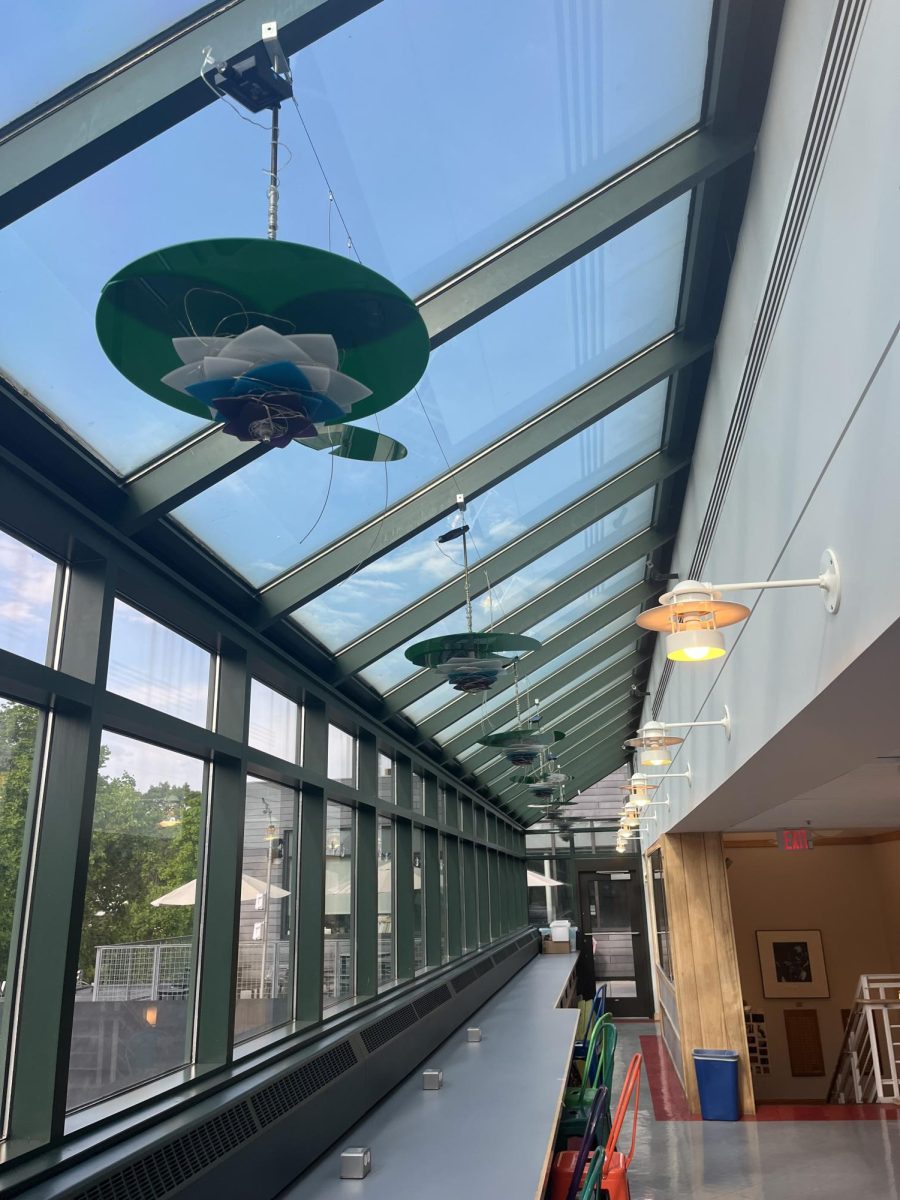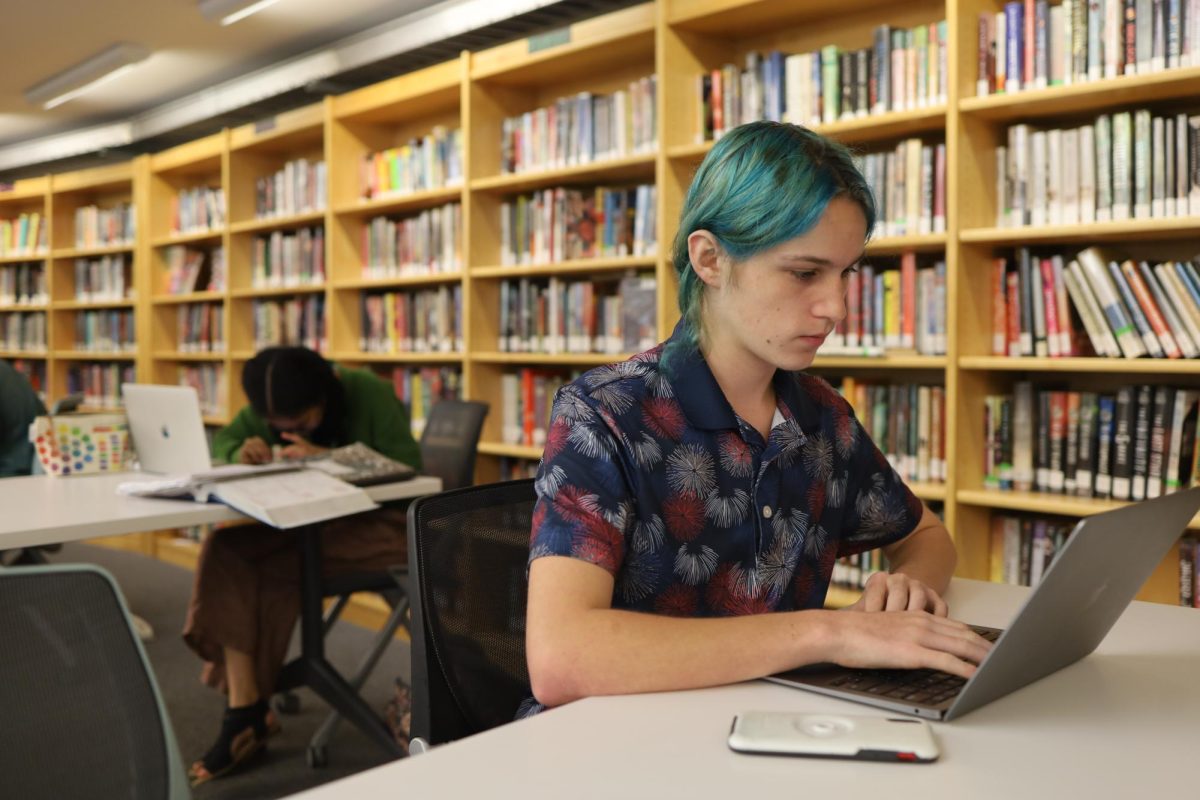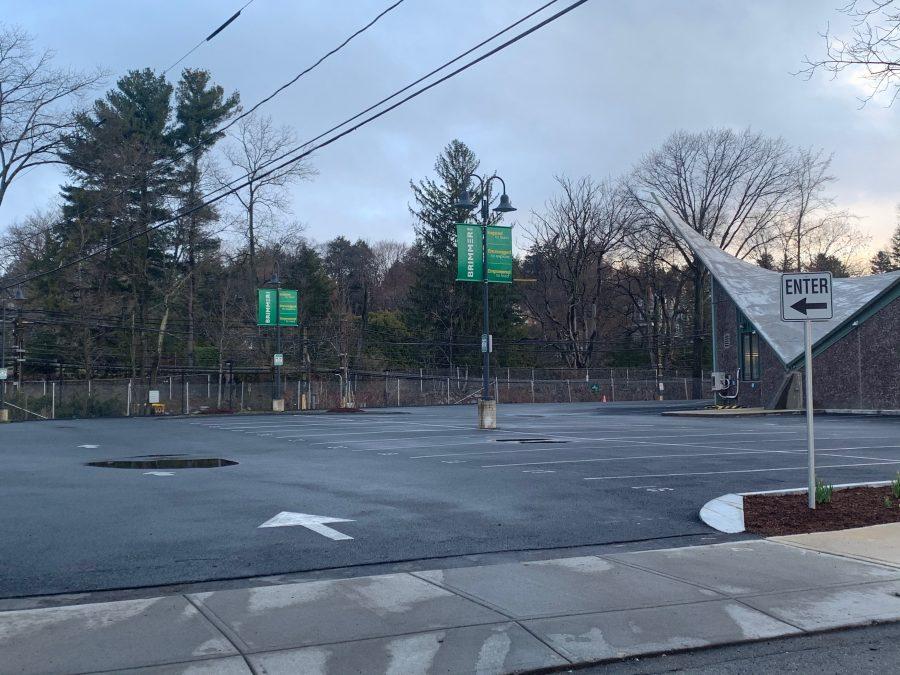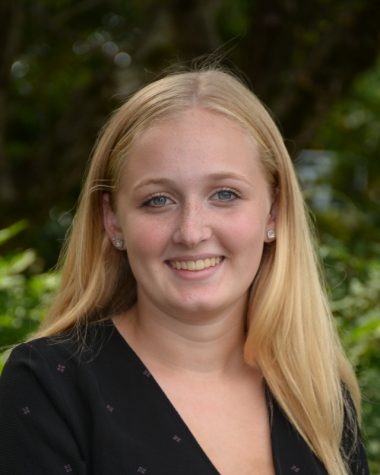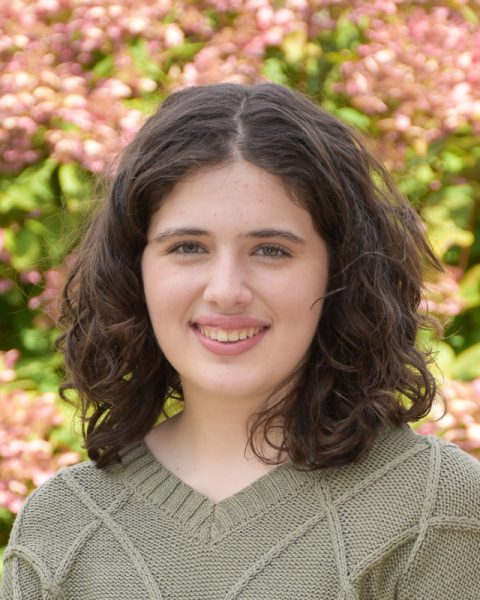School Begins Remote Learning
The parking lot was empty at 7:25 a.m. Tuesday morning, when most students typically arrive. Photo by David Cutler.
April 1, 2020
Tuesday marked the School’s return from March break, albeit under untraditional circumstances.
After Governor Charlie Baker extended the State’s previous three-week school closure, teachers will be conducting virtual classes over Zoom through May 4—possibly longer.
As COVID-19 has continued to spread, the School has taken additional measures to protect the community and ensure students can still learn. From the cancellation of the 8-grade Washington D.C. trip to calling off summer learning visits to China and Argentina, as well as the end of a competitive spring sports season, the end of the year is shaping up to be remarkably different than previous years.
Moreover, the severity of the pandemic has intensified, prompting Baker’s decision to close schools for an extended period of time.
Massachusetts Teachers Association President Merrie Najimy believes Baker made the right decision.
“As always, our primary concern remains the well-being of students, educators and our communities,” Najimy said.
Currently, the best way to prevent further spread of the virus is social distancing and refraining from large gatherings—school included.
Tuesday, School returned with an abbreviated schedule, beginning with advisor meetings over Zoom at 9:30 a.m., followed by classes and open blocks until 3:00 p.m. Over the break, in preparation for the remote launch, the administration created and sent home several resources for navigating remote learning.
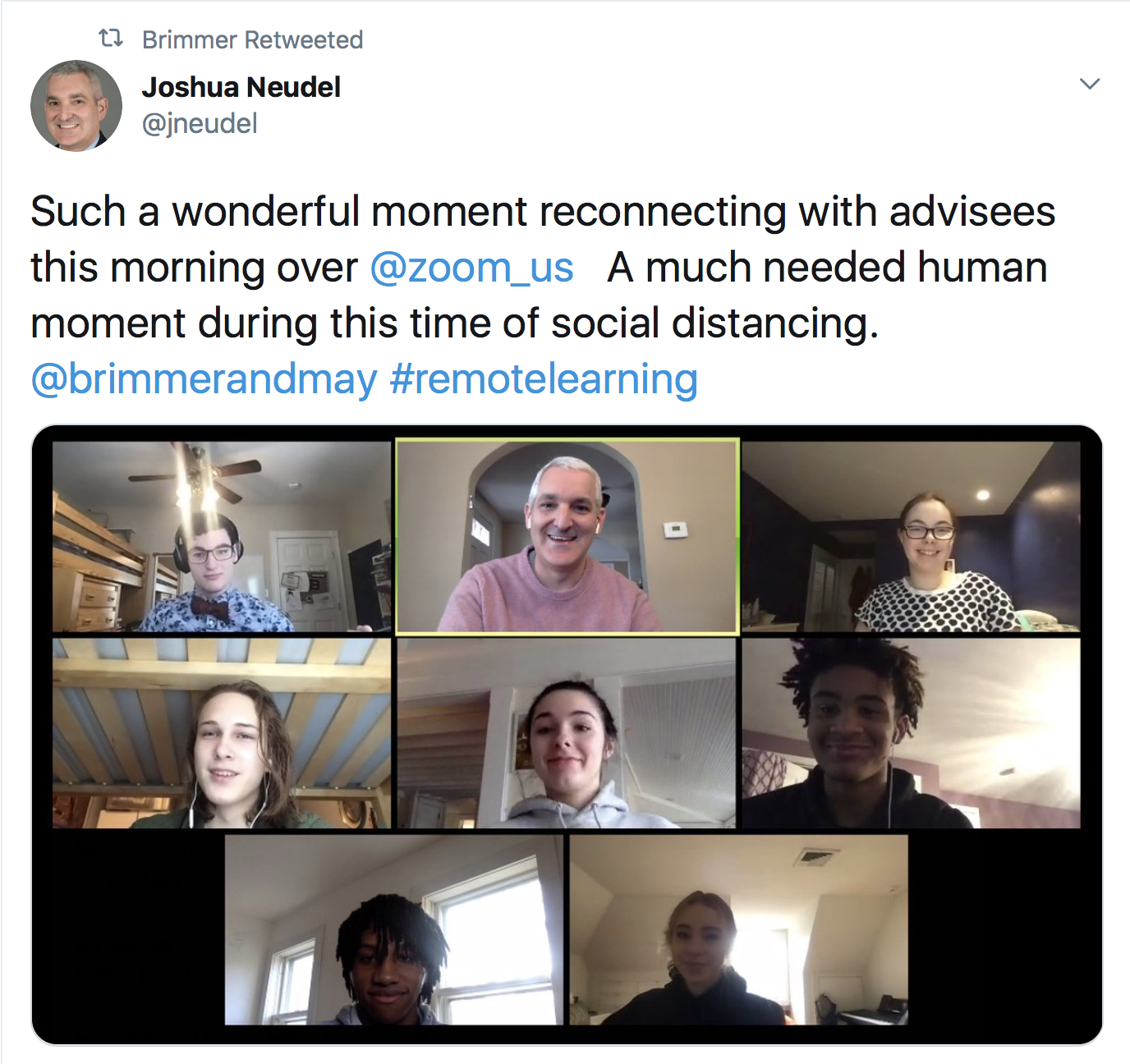
Last week, Upper School Head Joshua Neudel also emailed students a video, explaining some of the basics of remote learning, as well as a student packet with guidelines for adjusting to the new system. This also included how to access student support resources—such as the Math Lab, Writing Center, and meetings with Upper School Counselor Emily Luckett.
“Besides talking with your teacher [for] help with your classes, and reaching out to Mr. Murray and Mr. Neudel with questions, you still can communicate with any of the people you may talk with on a daily basis,” the guide says.
In a separate family guide, the School presented two essential questions:
- “How do we foster authentic student engagement and continued academic achievement through remote learning platforms?”
- “How do we continue to support student well-being and academic development as well as maintain a sense of community during a major disruption to our daily operations?”
With these guiding questions in mind, faculty and staff set about restructuring plans for a virtual environment. But while teachers are notably affected, the Admissions Office also had to think creatively about providing accepted students and families with information traditionally disseminated during various on-campus events.
In last week’s bulletin, Head of School Judith Guild expressed her gratitude for the time and effort many faculty and staff members have dedicated to responding to the virus.
“I want to give my heartfelt thank you to the team who did this work,” Guild wrote. “From our academic administrators, to admissions, to communications and public relations, to business and development, to best educational practices in technology, and to after-school and summer programming, every team member played an important role in getting us to this starting point.”










